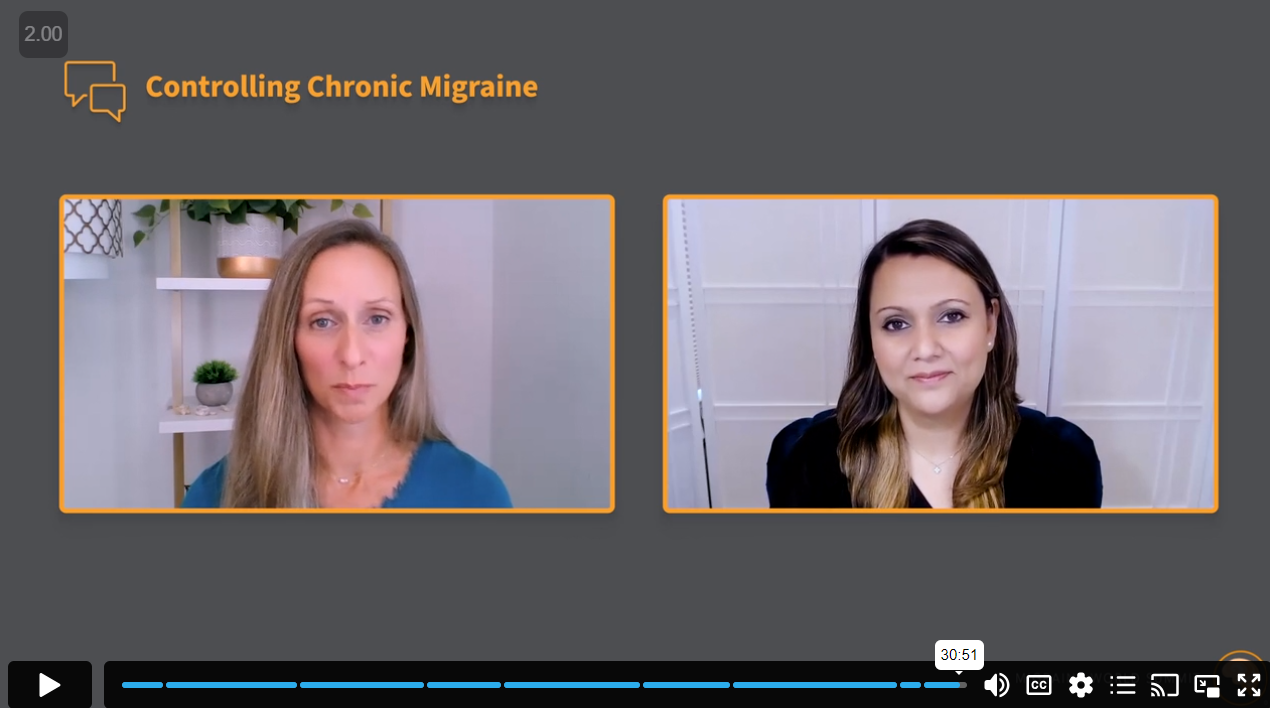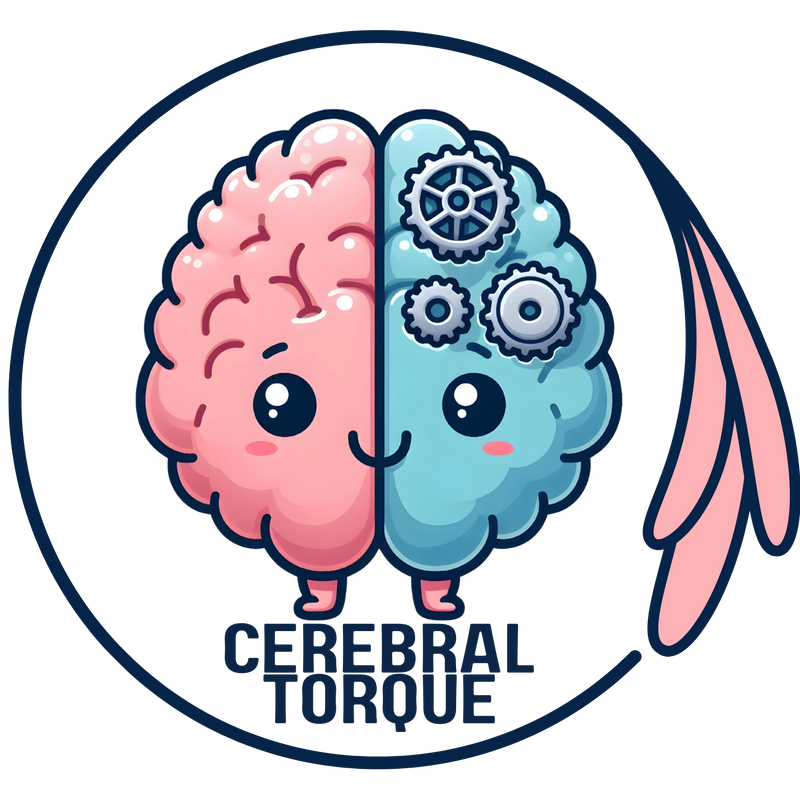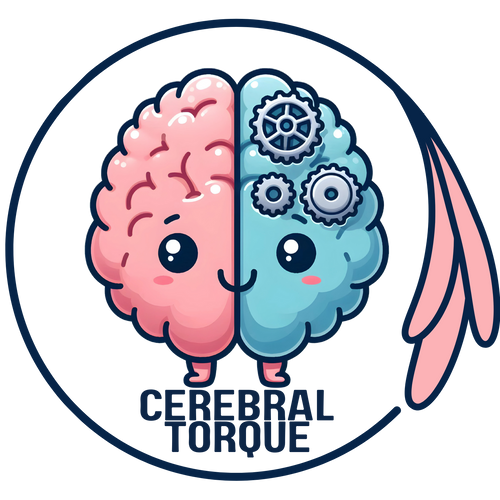Dr. Jessica Ailani, MD on the Topic of Chronic Migraine (Migraine World Summit- Day 1)
Posted on March 07 2024,

These are answers to key questions. This is not affiliared with Migraine World Summit or the lecturer! We highly encourage you to visit https://migraineworldsummit.com for the full video!
Key Questions for Dr. Jessica Ailani on the Topic of Chronic Migraine.
Migraine World Summit- Day 1
Source: https://migraineworldsummit.com/talk/controlling-chronic-migraine/
Key Questions
- What is chronic migraine? How is it different from episodic migraine?
Chronic migraine is defined as having headaches for more than 15 days a month, with at least 8 of those days being migraine headaches. Unlike episodic migraine where patients are completely symptom-free between attacks, chronic migraine patients have constant mild pain, light sensitivity, neck pain, and anxiety about the next attack.
- Why is it so important to get the correct diagnosis?
Getting the right diagnosis is important for determining appropriate treatment options, as chronic migraine treatments can be different from those for episodic migraine. It also allows patients to acknowledge they have a lifelong disease that has significantly impacts their life.
- How does a diagnosis of chronic migraine change the nature of treatment?
For chronic migraine, newer CGRP treatments and Botox injections are known to be effective, while some older treatments may not work as well in this population. The diagnosis opens up discussions on managing comorbidities like anxiety/depression and improving lifestyle factors.
- How is chronic migraine different from other types of migraine or headache?
Chronic migraine is differentiated from other daily headache types like chronic tension-type headache, new daily persistent headache, and hemicrania continua based on the history and specific symptoms/features.
- What are some common misdiagnoses someone with chronic migraine might receive?
If chronic migraine patients don't fully report all their headache days, they may be misdiagnosed as having episodic migraine. Chronic migraine could also potentially be misdiagnosed as one of the other daily headache types mentioned above.
- How can chronic migraine patients manage migraine yet avoid medication overuse headache and the feeling of blame associated with that?
The focus should be on finding effective preventive treatments rather than blaming patients for acutely overusing medications out of necessity. Techniques like neuromodulation devices that don't cause medication overuse can help.
- What are some of the risk factors for chronification of migraine disease?
Risk factors include being a woman in her 40s, European heritage, obesity, and poorly treated/frequent migraine attacks that allow the brain to become accustomed to the pain pattern.
- Why is it important for the headache specialist and patient to establish and agree upon realistic goals for both preventive and acute migraine treatment?
This helps guide an appropriate, multi-faceted treatment plan for the individual patient and allows for lifestyle factor management in addition to medications.
- What new treatments for migraine might be effective for people with chronic migraine disease?
Emerging treatments being researched include ketamine, psilocybin, CBD/THC, and non-hallucinogenic psilocybin analogs.
- What is the likelihood for transitioning from chronic back to episodic migraine?
The data shows us 30-40% of those with chronic migraine, especially with newer treatments, can go back to episodic. Maybe more with CGRP inhibitors.
- What are some options for chronic migraine patients who've tried many treatments, but none has been successful?
For refractory patients, layering in multiple behavioral therapies, lifestyle changes like meditation/mindfulness, and exploring emerging treatments like neuromodulation or psychedelics may be options.
- What does the future hold for chronic migraine treatment?
There is hope for anti-PACAP in those that don’t respond to anti-CGRP and emerging non-hallucinogenic psilocybin-like treatments. She also suggests the importance of continuing to find new preventive options and non-medication treatments.
Wed, Jan 14, 26
New Emergency Department Migraine Treatment Guidelines
The American Headache Society (AHS) has released its 2025 guideline update for the acute treatment of migraine in adults presenting to the emergency department. This update, published in Headache in...
Read MoreSun, Jan 04, 26
Long-Term Safety of Anti-CGRP Monoclonal Antibodies
A comprehensive meta-analysis of over 4,300 patients reveals that erenumab, galcanezumab, fremanezumab, and eptinezumab maintain good tolerability beyond 12 months. Only 3% of patients stopped treatment due to adverse events,...
Read MoreThu, Jan 01, 26
Alternate Nostril Breathing Protocol for Migraine
Alternate nostril breathing is a simple yogic technique that's showing real promise for migraine prevention. Unlike acute treatments, this practice builds nervous system resilience over time - making attacks less...
Read More


